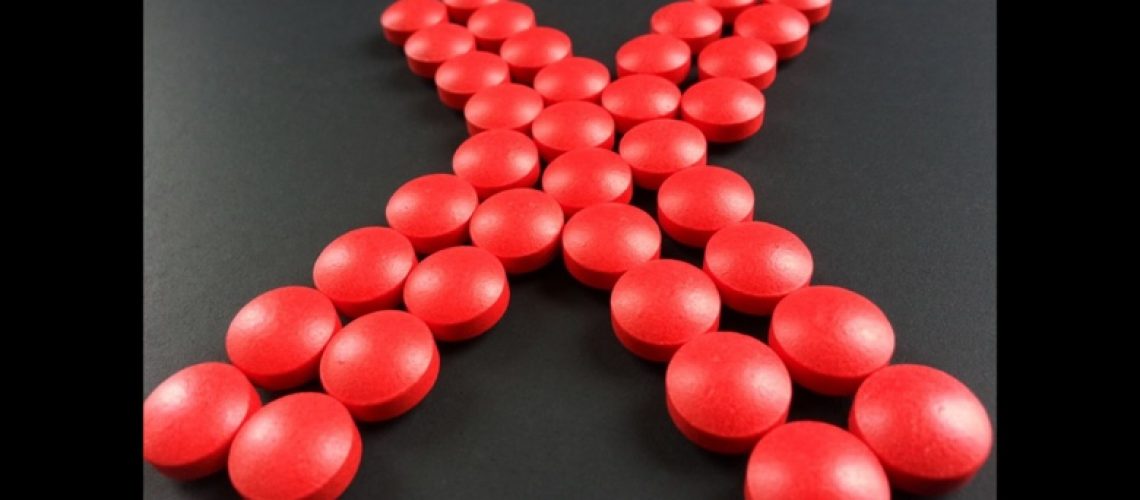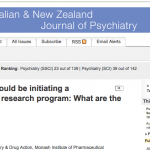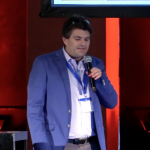Could returned servicemen with war-ravaged hearts and minds soon be given MDMA to smooth their way back into society?
Is using MDMA for post-traumatic stress disorder (PTSD) a legitimately good idea, and is it ever going to be common practice? ImportantCool spoke to Dr Stephen Bright of Curtin University to learn more about this Huxley-esque development.
Dr Bright, speaking from Melbourne, is awaiting research ethics clearance to carry out MDMA-assisted psychotherapy with war veterans diagnosed with treatment-resistant PTSD. Following on from pilot studies in the United States, Dr Bright thinks that MDMA, the active ingredient in the drug commonly known as Ecstasy, could be the key to resolving their trauma.
‘In terms of using MDMA in the context of psychotherapy, it’s advantageous for a couple of reasons,’ Dr Bright says. ‘One is that the primary treatment for people with post-traumatic stress disorder is exposure therapy. So, we talk about traumatic experience over and over again and it allows the person to process the trauma. However, that can be very difficult for both the patient and the therapist. Hearing the story over and over again can cause vicarious trauma for the therapist and patients often drop out of the treatment because they find it too difficult to talk about the trauma, or they engage in defense mechanisms to prevent themselves from actually experiencing the level of anxiety that’s required for the therapy to be effective.’
You probably won’t be surprised to hear that this treatment is ineffective for a significant proportion of patients. Depending on who you ask, it seems that between 30 percent and 50 percent of patients do not resolve their PTSD through this form of therapy.
Read the rest of the interview here: http://www.importantcool.com/mdma-soldiers-interview-dr-stephen-bright-mdma-assisted-psychotherapy-ptsd/





